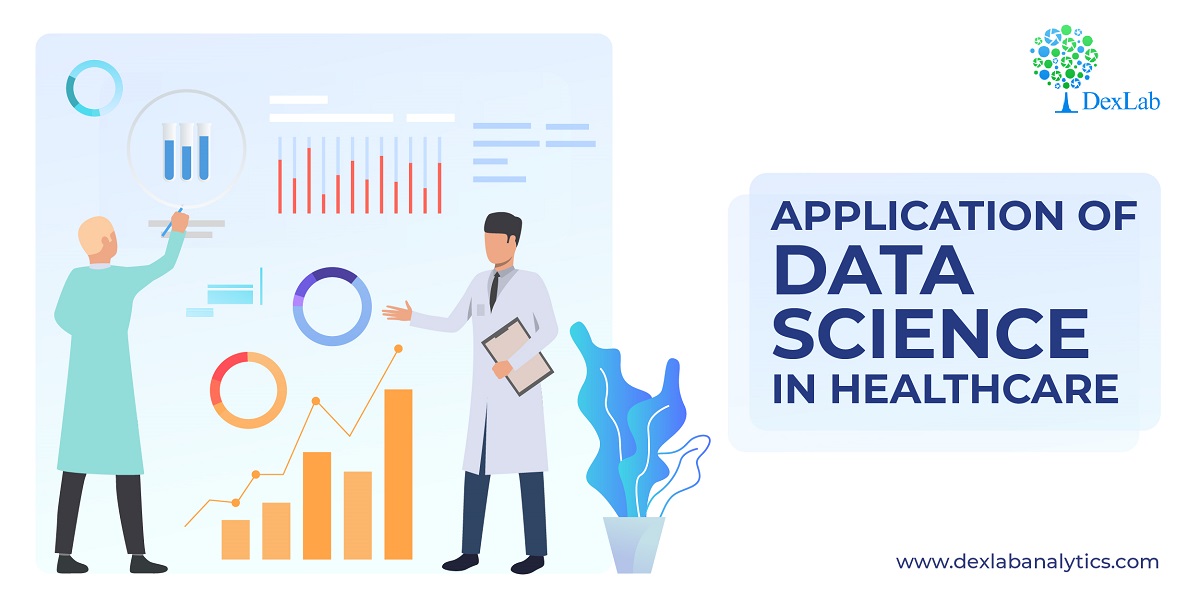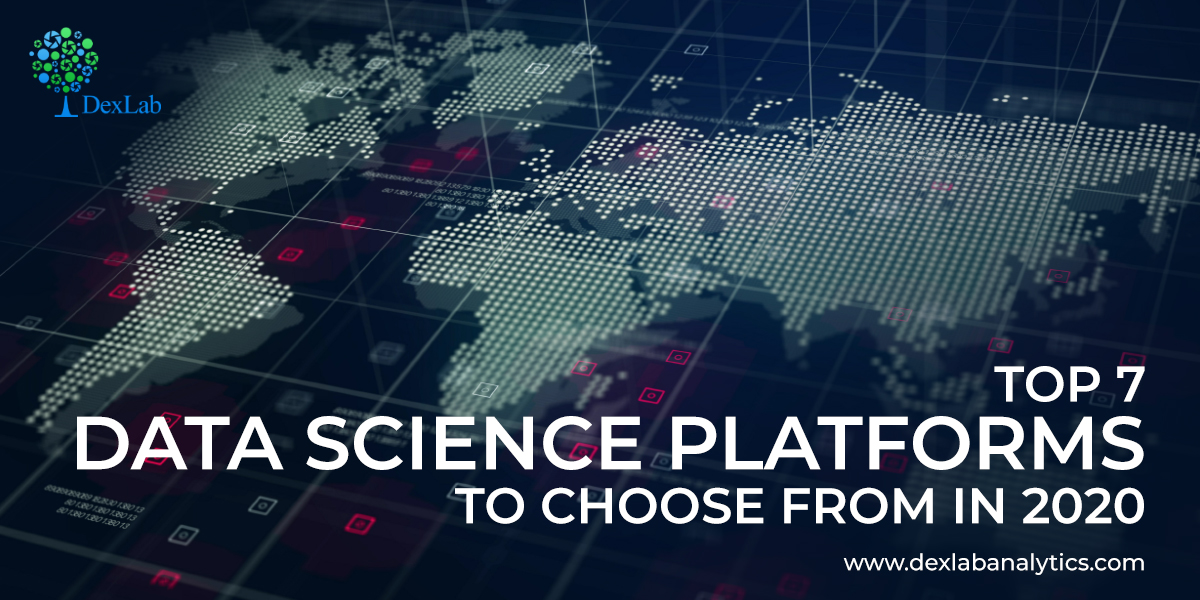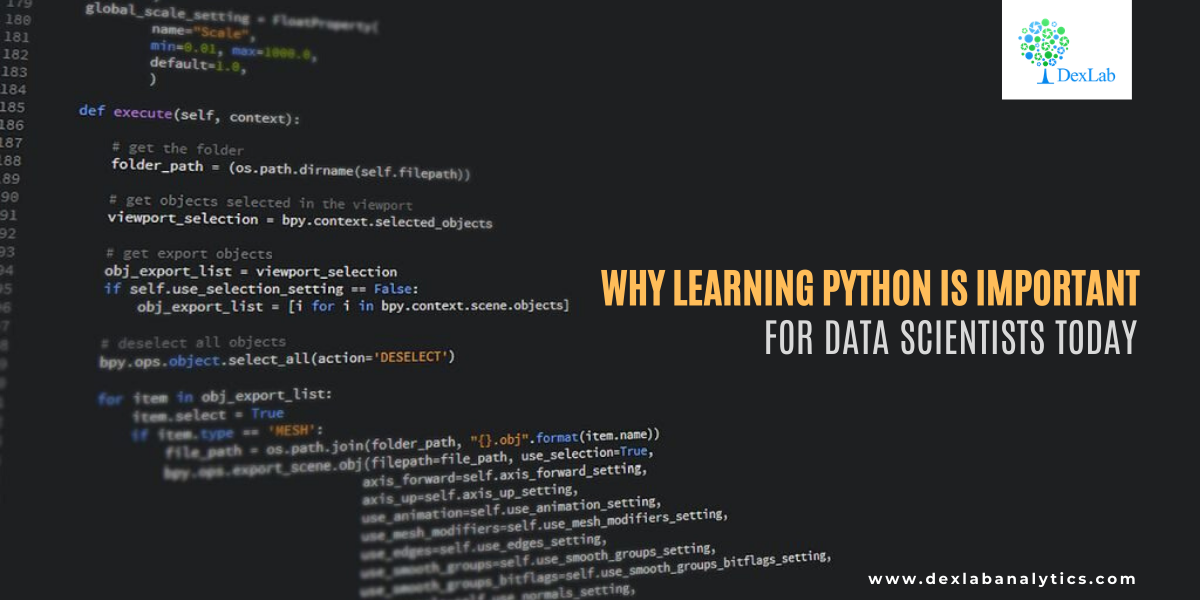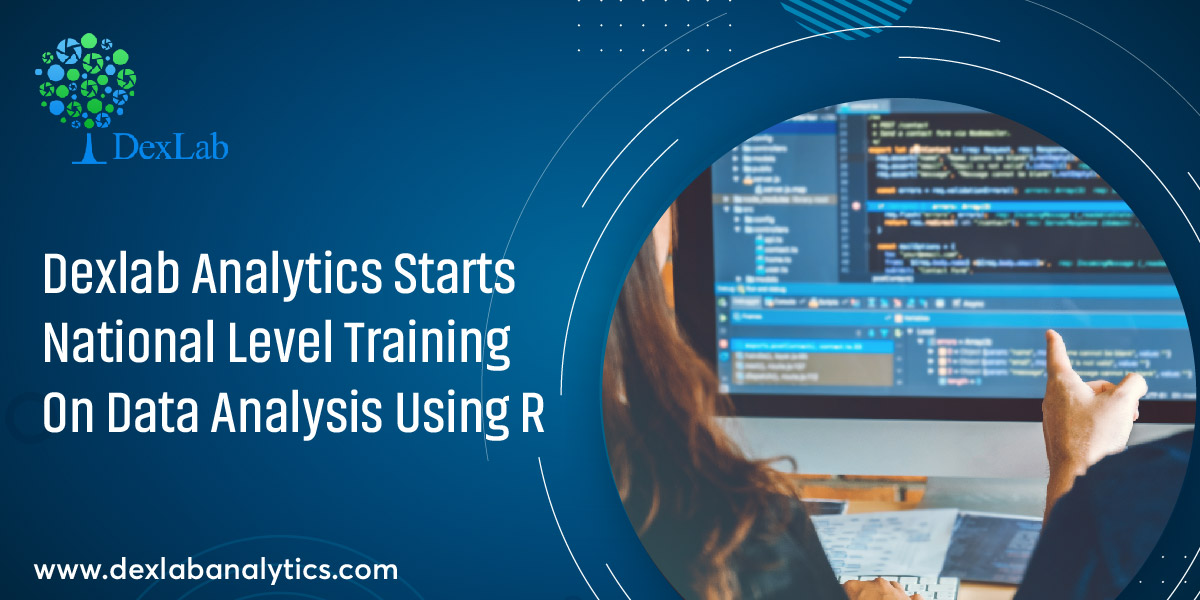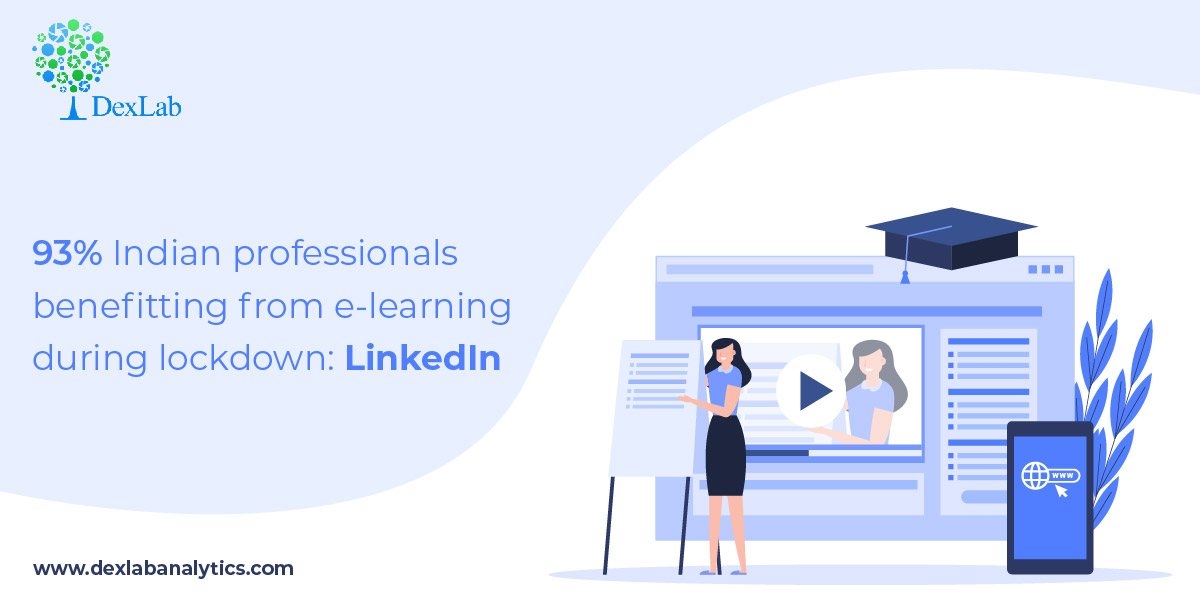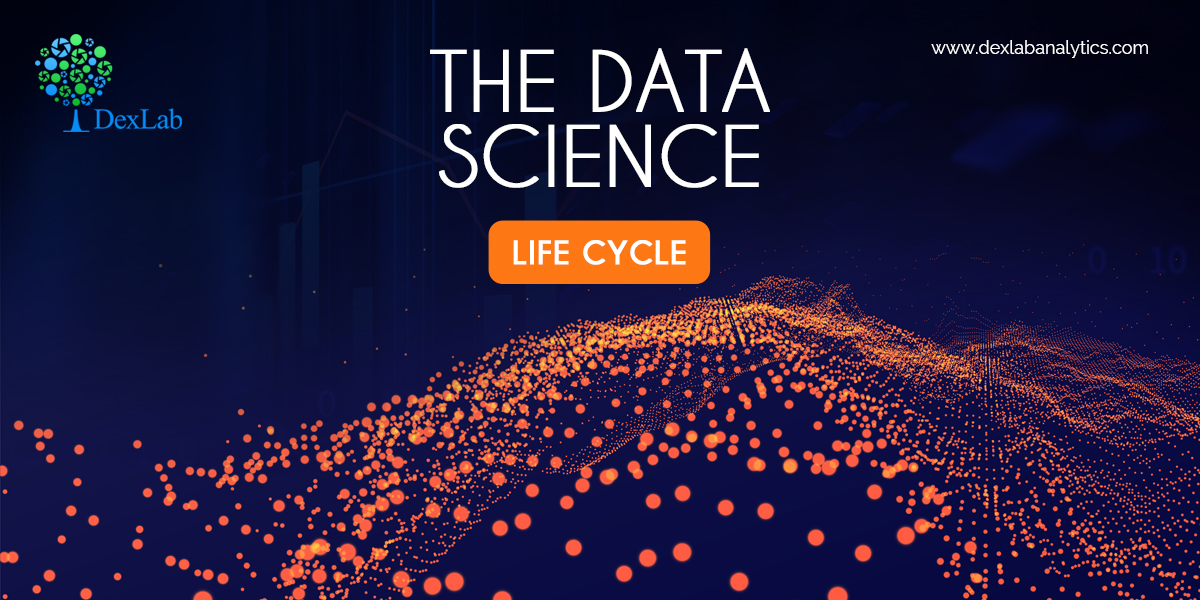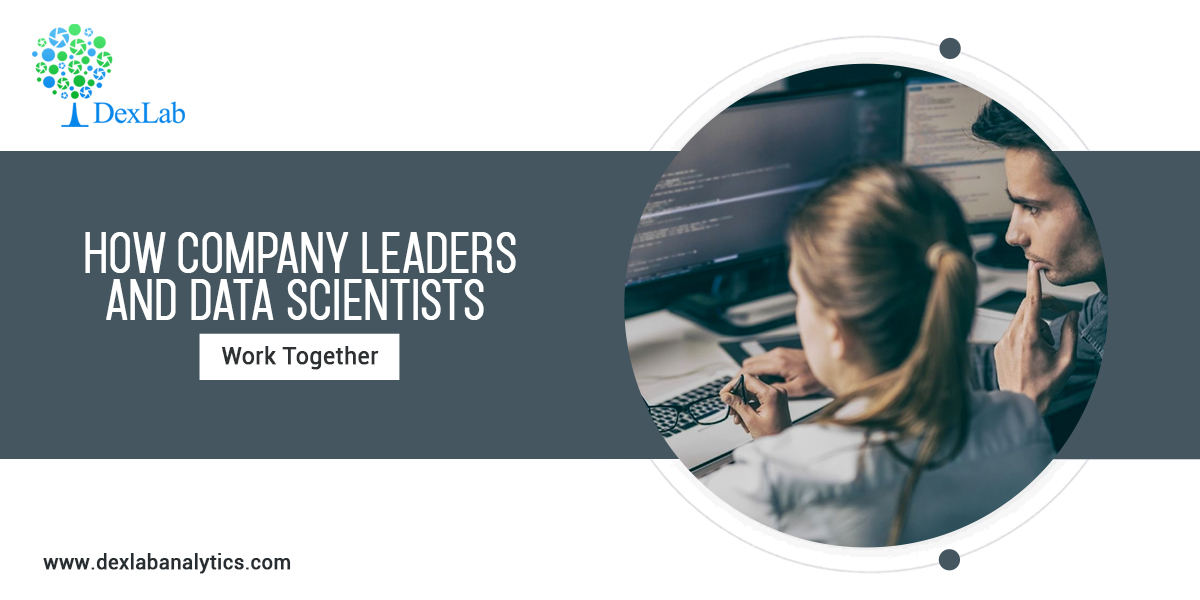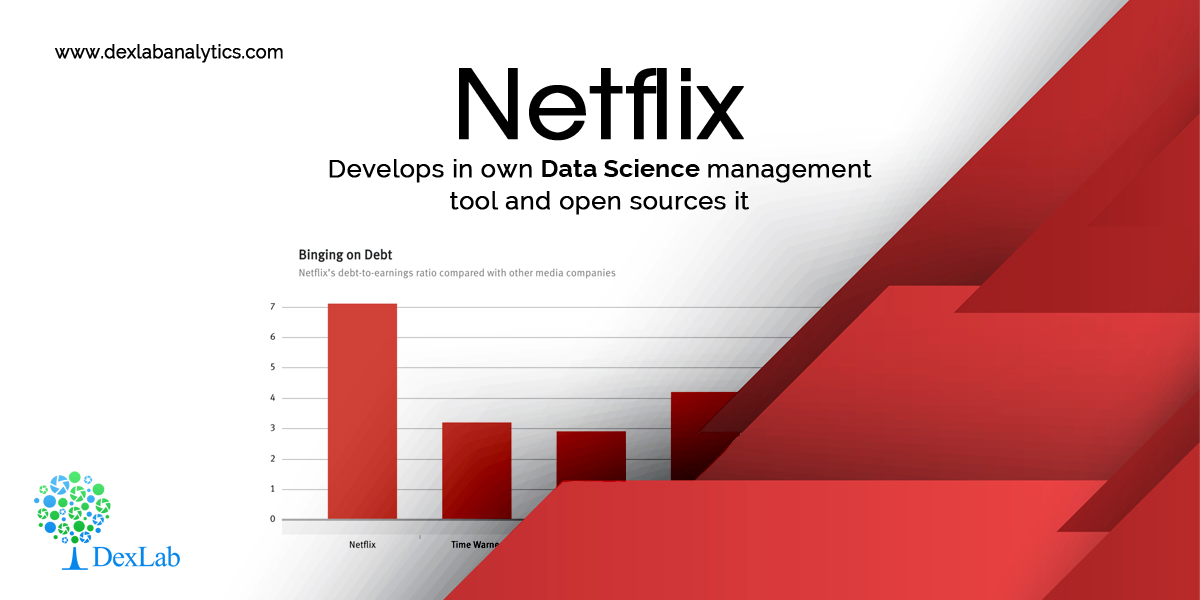In today’s data-driven world, it is hard to ignore the growing need for data science, as businesses are busy applying data to devise smarter marketing strategies and urging their employees to upgrade themselves. Data Science training is gaining ground as lucrative career opportunities are beckoning the younger generation.
So, it is not surprising that a crucial sector like healthcare would apply data science to upgrade their service. Health care is among one of the many sectors that have acknowledged the benefits of data science and adopted it.
The Healthcare industry is vast and it comprises many disciplines and branches that intercross generating a ton of unstructured data which if processed and analyzed could lead to revolutionary changes in the field.
Here is taking a look at how the industry can benefit by adopting data science techniques
Diagnostic error prevention
No matter what health issues one might have, accurate diagnosing is the first step that helps a physician prescribe treatment procedure. However, there have been multiple cases where a diagnostic error has led to even death. With the implementation of data science technology, it is now possible to increase the accuracy of the procedures as the algorithm sifts data to detect patterns and come up with accurate results.
Medical imaging procedures such as MRI, X-Ray can now detect even tiniest deformity in the organs which were erstwhile impossible, due to the application of deep learning technology. Advanced models such as MapReduce is also being put to use to enhance the accuracy level.
Bioinformatics
Genomics is an interesting field of research where researchers analyze your DNA to understand how it affects your health. As they go through genetic sequences to gain an insight into the correlation, they try to find how certain drugs might work on a specific health issue.
The purpose is to provide a more personalized treatment program. In order to process through the highly valuable genome data, data science tools such as SQL are being applied. This field has a vast scope of improvement and with more advanced research work being conducted in the field of Bioinformatics, we can hope for better results. Researchers who have studied Data science using python training, would prove to be invaluable assets for this specific field.
Health monitoring with wearables
Healthcare is an ongoing process, if you fall ill, you get yourself diagnosed and then get treatment for the health condition you have. The story in most cases does not end there, with the number of patients with chronic health problems increasing, it is evident that constant monitoring of your health condition is required to prevent your health condition from taking a worse hit. Data science comes into the picture with wearables and other forms of tracking devices that are programmed to keep your health condition in check. Be it your temperature or, heartbeat the sensors keep tracking even minute changes, the data is analyzed to enable the doctors take preventive measures, the GPS-enabled tracker by Propeller, is an excellent case in point.
Faster approval of new drugs
The application of data science is not restricted to only predicting, preventing, and monitoring patient health conditions. In fact, it has reached out to assist in the drug development process as well. Earlier it would take almost a decade for a drug to be accessible in the market thanks to the numerous testing, trial, and approval procedures.
But, now it is possible to shorten the duration thanks to advanced data science algorithms that enable the researchers to simulate the way a drug might react in the body. Different models are being used by the researchers to process clinical trial data, so, that they can work with different variables. Data Science course enables a professional to carry out research work in such a highly specialized field.

In the context of Covid-19
With the entire world crippling under the unprecedented impact of COVID-19, it is needless to point out that the significance of data science in the healthcare sector is only going to increase. If you have been monitoring the social media platforms then you must have come across the #FlattenTheCurve.
The enormity of the situation and erroneous data collection both have caused issues, but, that hasn’t deterred the data scientists. Once, the dust settles they will have a mountainous task ahead of them to process through a massive amount of data the pandemic will have left behind, to offer insight that might help us take preventive measures in the future.
The field of data science has no doubt made considerable progress and so has the field of modern healthcare. Further research and collaboration would enable future data scientists to provide a better solution to bolster the healthcare sector.
.
